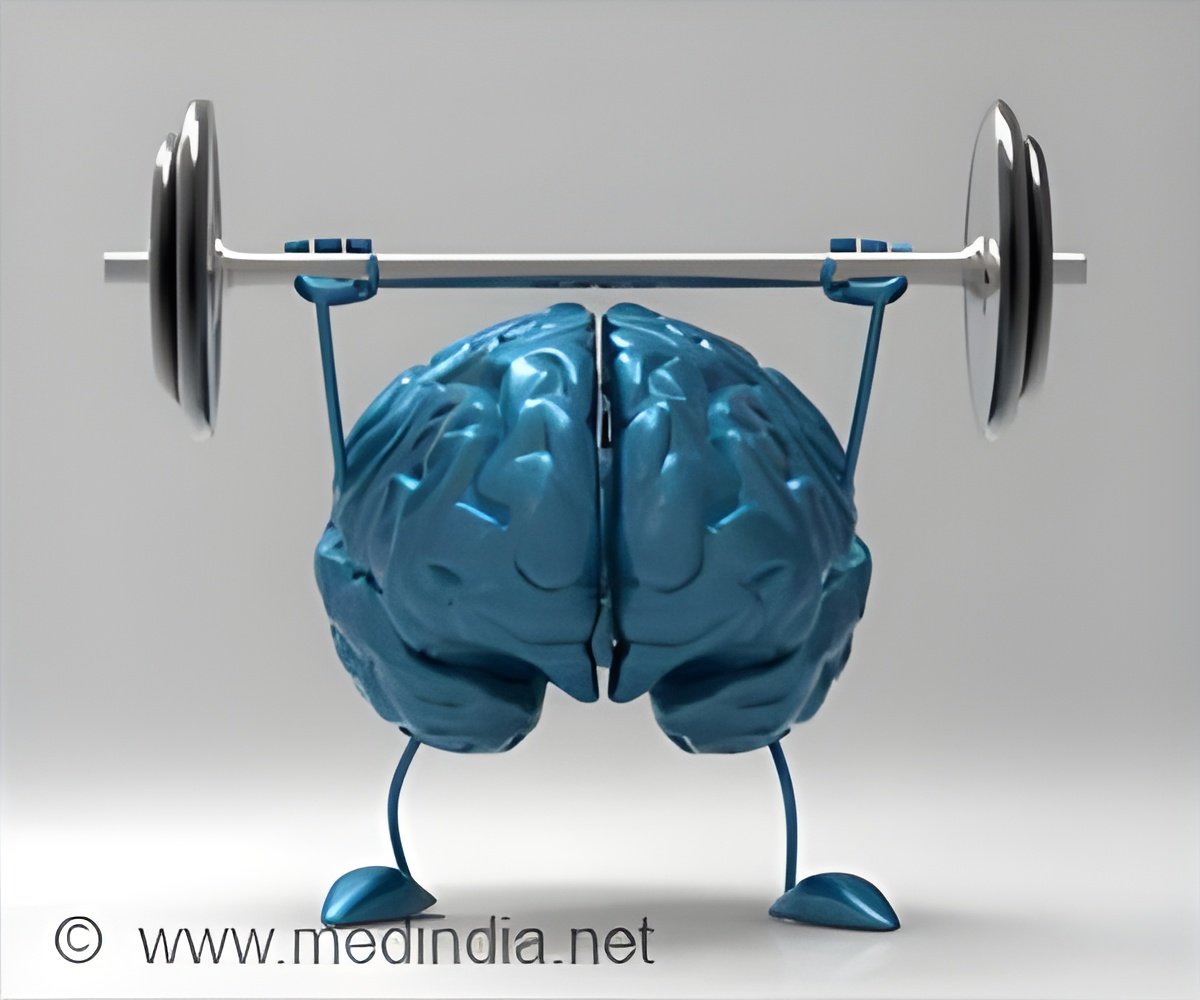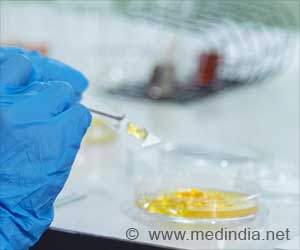Increasing the levels of platelet-derived factors in the body may lessen the effect of age-related degenerative changes and cognitive impairment in the brain.

Physical exercise in the prevention and treatment of Alzheimer's disease
Go to source). However, for many people, the prospect of exercising is not feasible due to health conditions, mobility limitations, or advanced age.
Are There Any Replacements to Enjoy Exercise Benefits for Aging?
There is a burgeoning scientific and commercial interest in the identification of pharmacological interventions that can mimic or potentiate the effects of exercise—so-called “exercise pills” or “exercise mimetics”. However, the mechanisms underlying the beneficial effect of exercise on brain health remain poorly understood.‘Cognition-enhancing benefits of exercise on the aged brain can be replicated through the administration of platelet-derived factors. #Aging #CognitiveDecline #Alzheimer’sDisease’





Hence, a team of researchers recently discovered platelets, the tiny blood cells critical for blood clotting, secrete a protein that rejuvenates neurons in aged mice in a similar way to physical exercise.It is known to exercise increases the production of new neurons in the hippocampus (2✔ ✔Trusted Source
Platelet Factor 4 Binds to Vascular Proteoglycans and Controls Both Growth Factor Activities and Platelet Activation*
Go to source), the part of the brain important for learning and memory, but the mechanism hasn’t been clear. Even previous research has shown platelets are involved, but this study shows platelets are required for this effect in aged mice.
They focused on exerkines, the biological compounds released into the bloodstream during exercise, which are believed to stimulate the exercise-induced response in the brain. They also discovered that the exerkine CXCL4/Platelet factor 4 or PF4, which is released from platelets after exercise, results in regenerative and cognitive improvements when injected into aged mice.
These findings have significant implications for the development of drug interventions. For a lot of people with health conditions, mobility issues, or of advanced age, exercise isn’t possible, so pharmacological intervention is an important area of research (3✔ ✔Trusted Source
Blood factors transfer beneficial effects of exercise on neurogenesis and cognition to the aged brain
Go to source).
Researchers can now target platelets to promote neurogenesis, enhance cognition and counteract age-related cognitive decline. The researchers said the next step is to test the response in Alzheimer diseased mice, before moving towards human trials.
Advertisement
References:
- Physical exercise in the prevention and treatment of Alzheimer’s disease - (https://www.sciencedirect.com/science/article/pii/S2095254620300119?via%3Dihub)
- Platelet Factor 4 Binds to Vascular Proteoglycans and Controls Both Growth Factor Activities and Platelet Activation* - (https://www.jbc.org/article/S0021-9258(20)41380-8/fulltext)
- Blood factors transfer beneficial effects of exercise on neurogenesis and cognition to the aged brain - (https://www.science.org/doi/10.1126/science.aaw2622)














